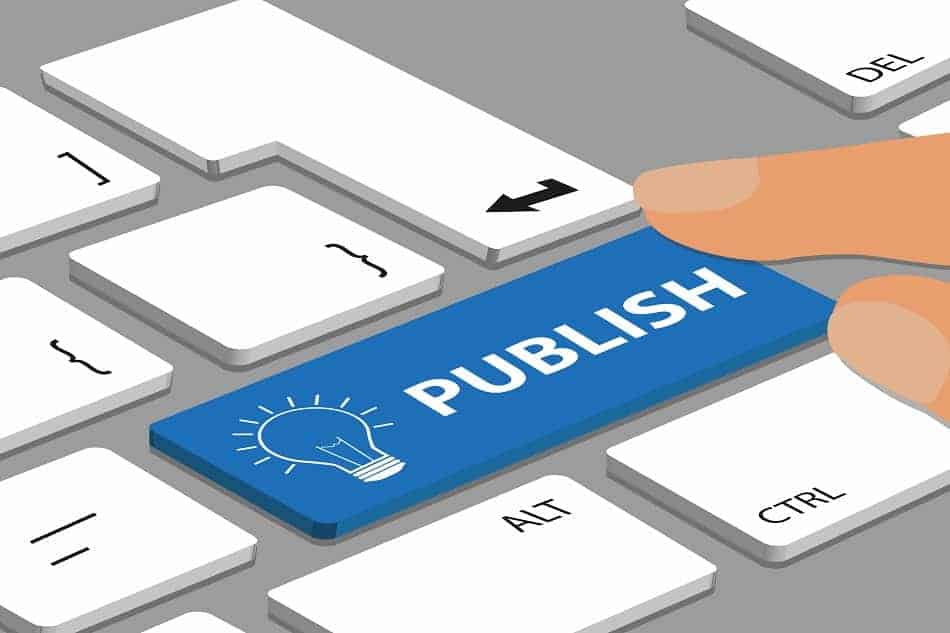How To Get Published In a Journal – Stiff Competition Ahead
Competition for the limited publication space available in top-tier scholarly journals and on the pages of the monographs produced by academic and scientific publishers is stiff indeed. Yes, there are more journals and publishers than there once were, but there are also a great many more senior researchers hoping to publish their work. Each one of them aims to make his or her manuscript more remarkable than everyone else’s, and acquisitions editors are inundated with excellent submissions on a daily basis. In such a climate, it is more important than ever to be a flexible author in every stage of the publication process, from the initial composition of your manuscript through its submission for consideration to its final publication.
The concept of a ‘flexible author’ is, when considered carefully, rather a paradox, with the first word implying something quite different from the second. A delicate balance is therefore required to be both flexible and a serious author simultaneously. Being flexible in this context can involve a large number of attitudes and activities. As you draft an article for a scholarly journal, for instance, it is wise to adjust your own notions of how your paper should be structured and the material within it arranged by consulting the author guidelines of the journal in which you hope to publish it and applying the appropriate format immediately. When you write the covering letter to accompany your submission, being flexible can mean focussing on what the journal’s editor will think most important about your work as well as on what you believe most important. It may be the case that you and the acquisitions editor will be on the same page, but there are usually subtle differences if not more significant ones. Reading, considering and responding to unwelcome criticism from an acquisitions editor and the peer reviewers who have assessed your manuscript often require more flexibility than all other aspects of the publishing process put together, so it is imperative that you keep an open mind at this point, try to see matters from the publisher’s perspective and work to accommodate the concerns of these all-important first readers without compromising your research and your understanding of its findings and implications.
‘Without compromising your research’ is a key phrase here, because flexibility has its limits for an academic or scientific author, as the origins of the word ‘author’ suggest. ‘Author’ is derived from the Latin term ‘auctor,’ which is related to ‘auctoritas.’ Both Latin words suggest ideas of increase, origination and creation, but also of authority, responsibility and approval, as the English term ‘authority,’ derived from ‘auctoritas,’ implies. As a scholarly author conducting original research and publishing your findings, you are an authority on your topic and responsible for the information you disseminate to colleagues within your field, scholars beyond it and more general readers as well. If an editor or peer reviewer requests changes to your manuscript that would compromise the intentions and meaning of your research, standing up for what you believe right is necessary. In some cases this may mean moving on to a different journal or publisher, but being flexible about matters that are less important to you and your work can sometimes soften the blow of a more rigid stance on those matters that are crucial to your research, and many an editor will recognise and respect your intellectual integrity as an authority in your field. Negotiating a balance with an acquisitions editor that will ultimately lead to successful publication can require explanations and arguments as challenging to write as a scholarly paper, but those too are all part of being a truly flexible author.
You might be interested in Services offered by Proof-Reading-Service.com
Journal Editing
Journal article editing services
PhD Thesis Editing
PhD thesis editing services
Expert Editing
Expert editing for all papers
Medical Editing
Medical Editing Services
Research Editing
Research paper editing services
Book Editing
Professional book editing services
You might be interested in Services offered by Proof-Reading-Service.com
Journal Editing
Journal editing and proofreading services
Thesis Editing
Dissertation & thesis editing & proofreading
Scientific Editing
Scientific editing services for publication success
Book Editing
Professional book editing & proofreading services
Expert Editing
Expert Editing for all academic & scientific papers
Report Editing
Research Editing
Research paper editing & proofreading services
Grant Editing
Grant editing and proofreading services

















